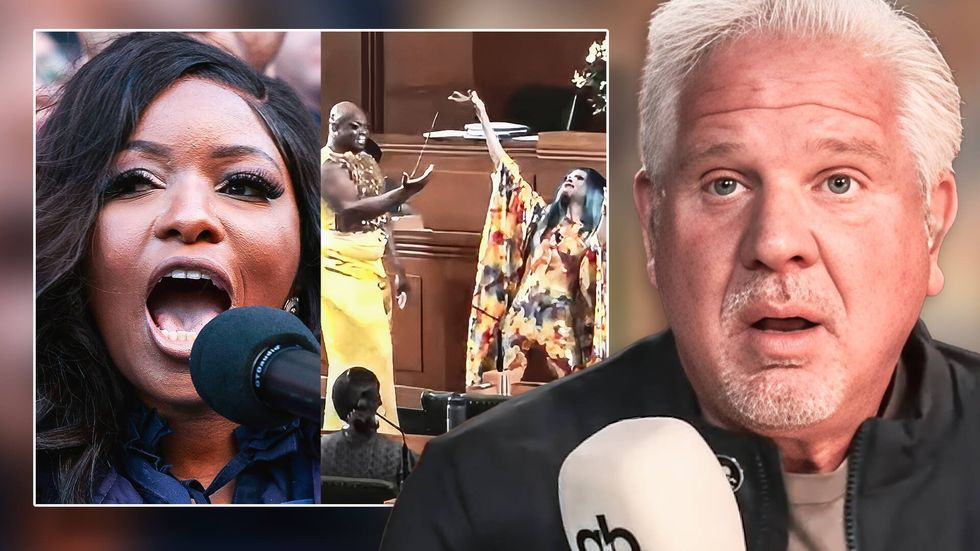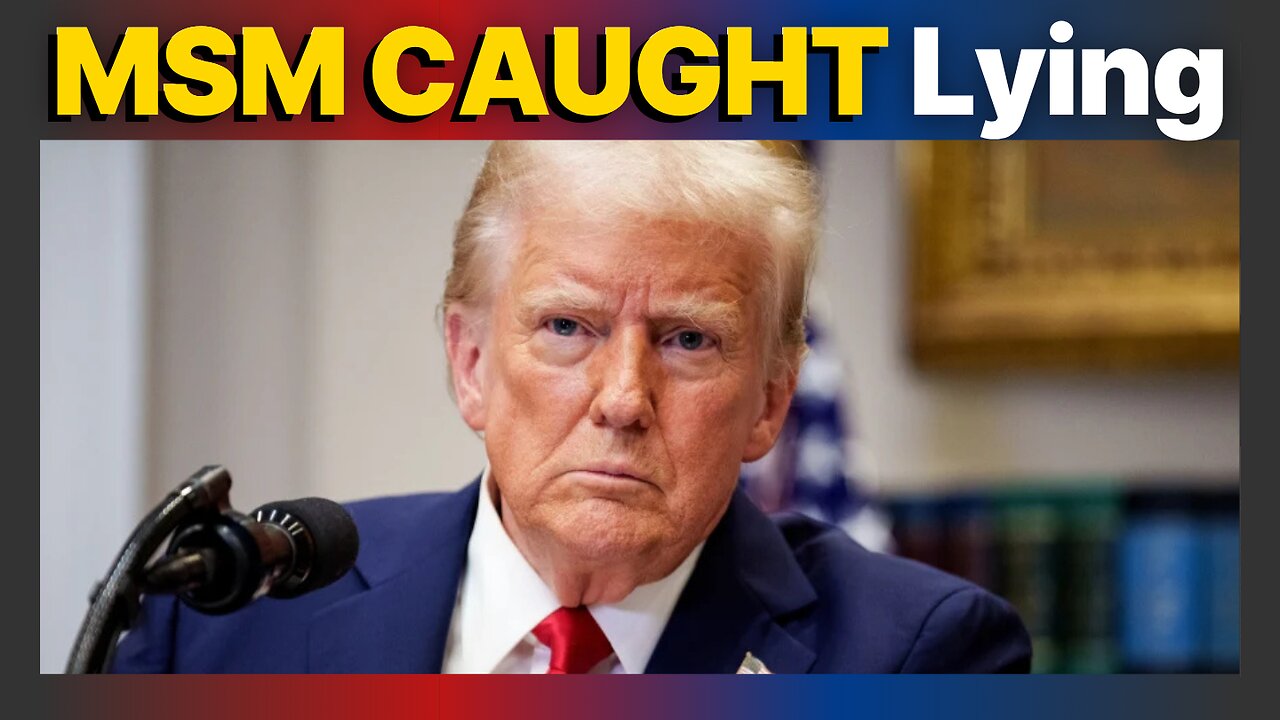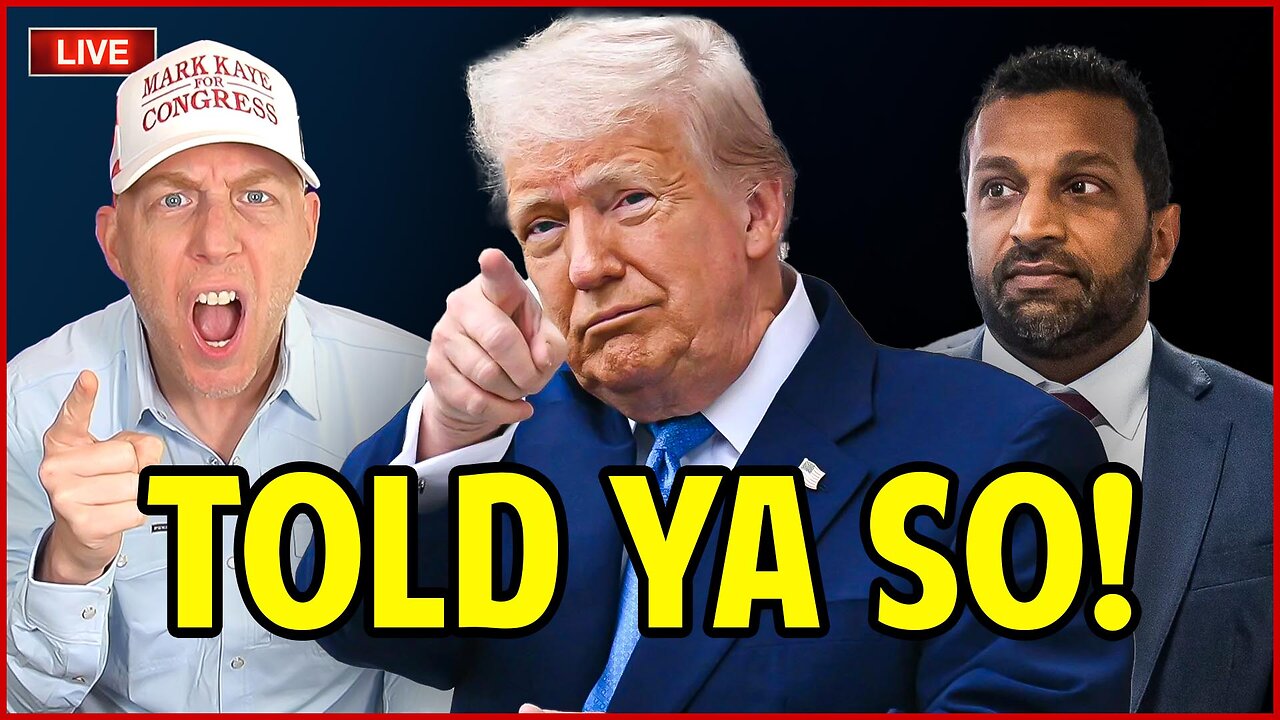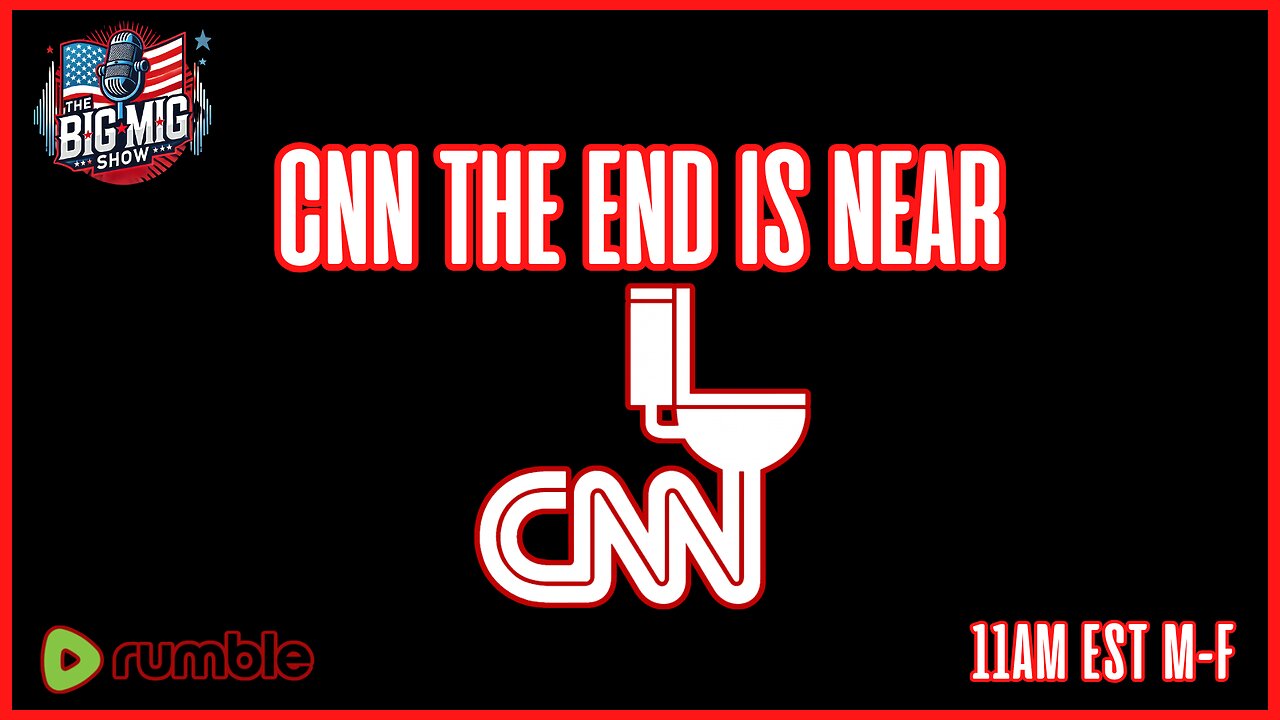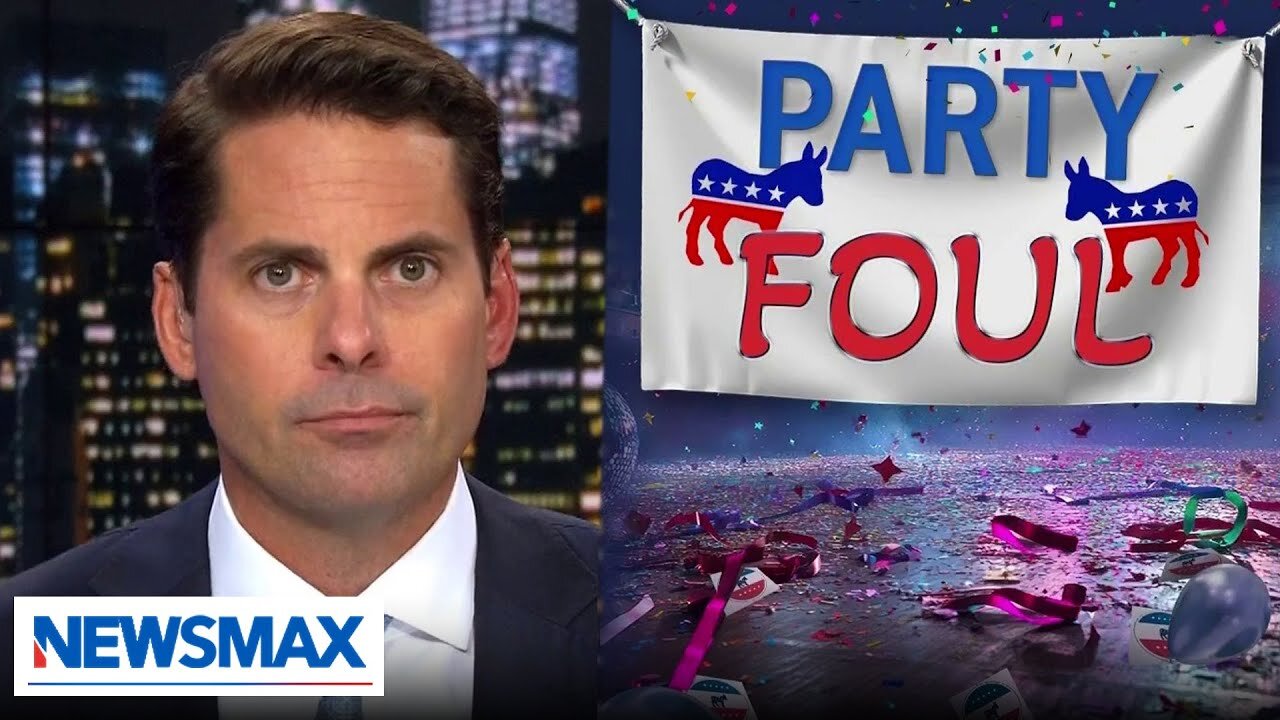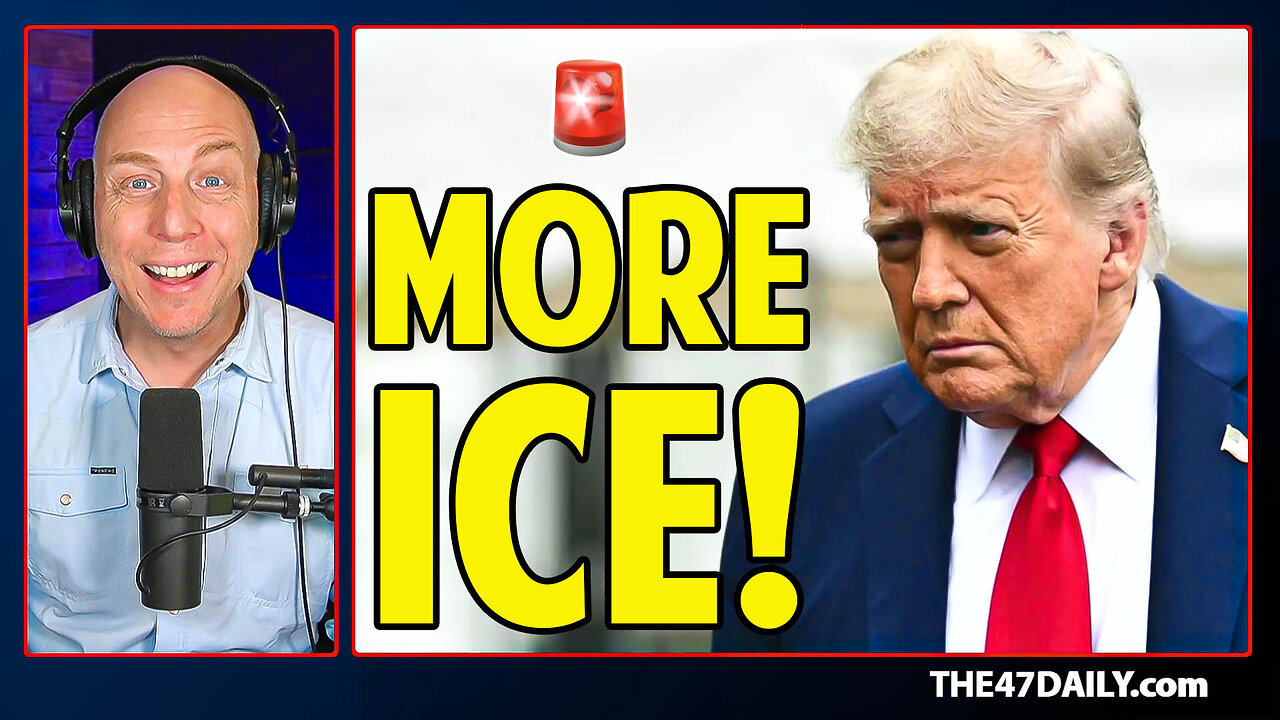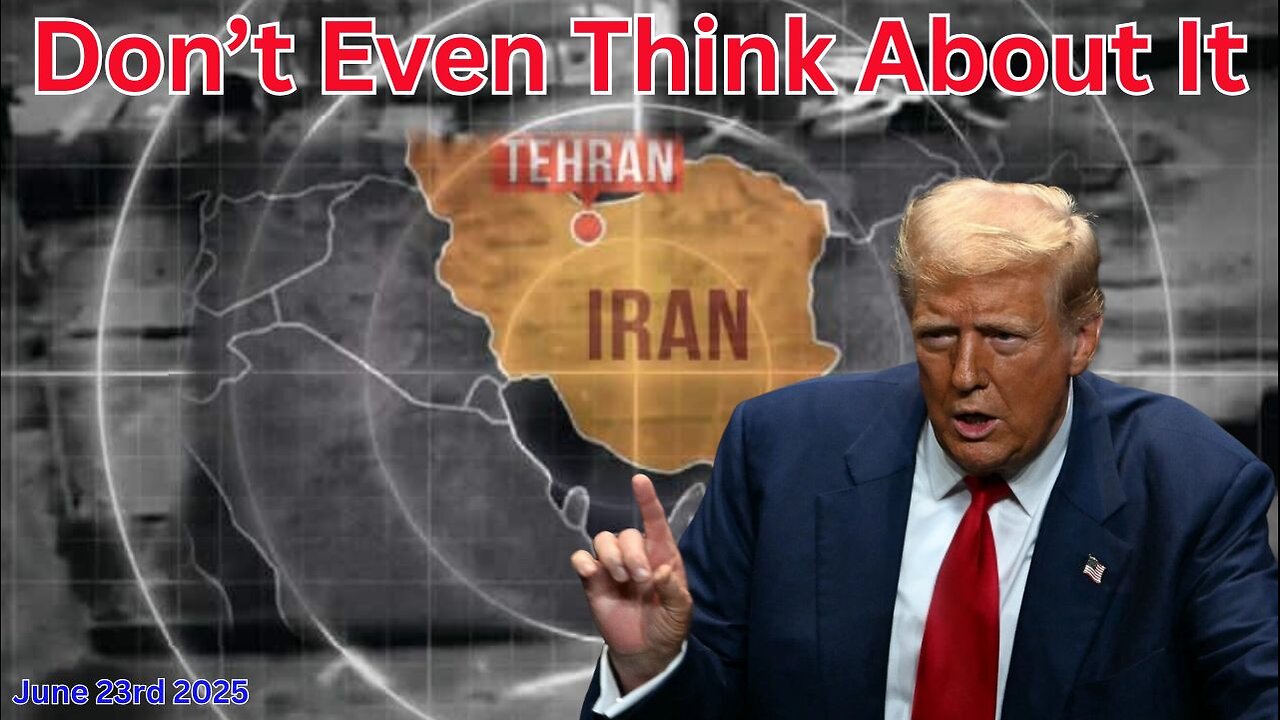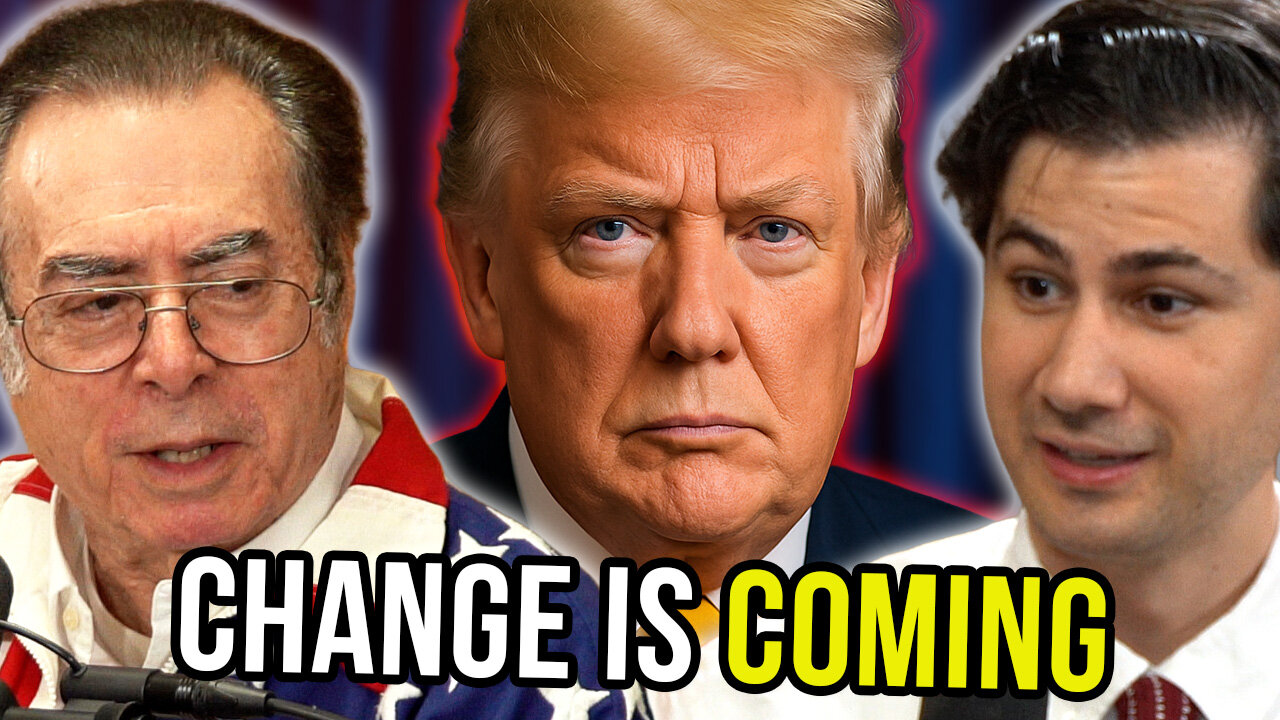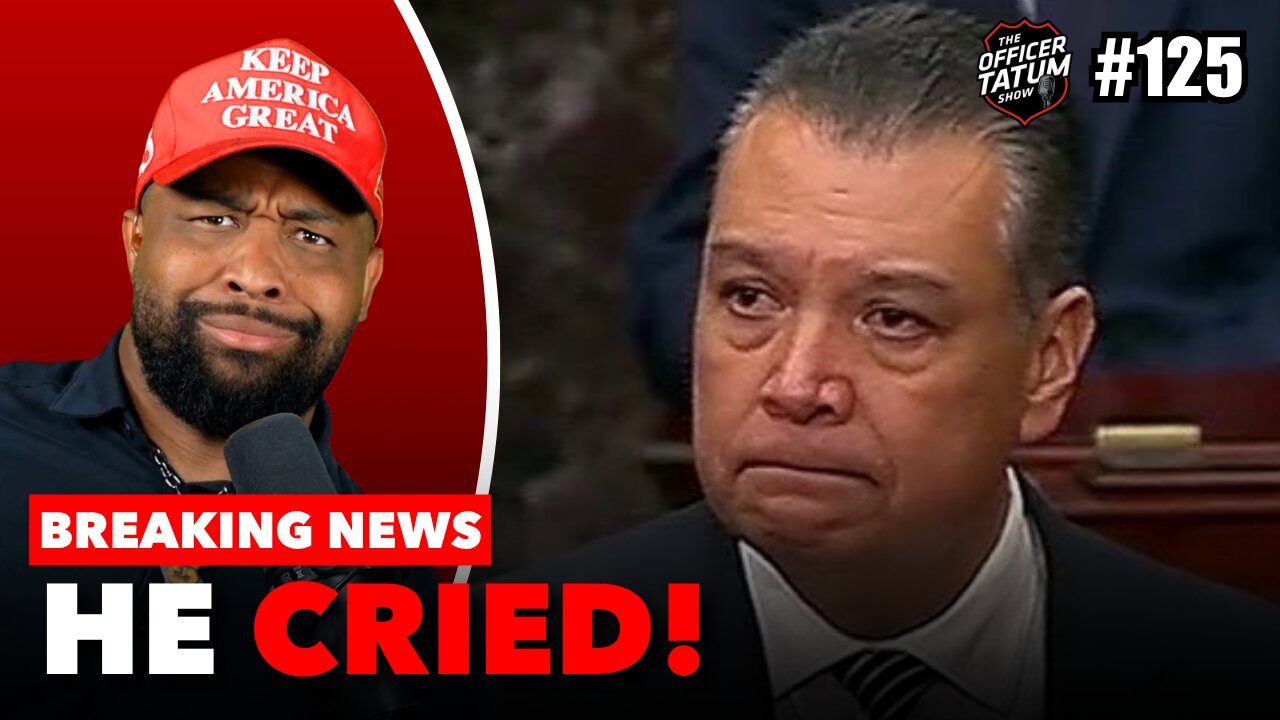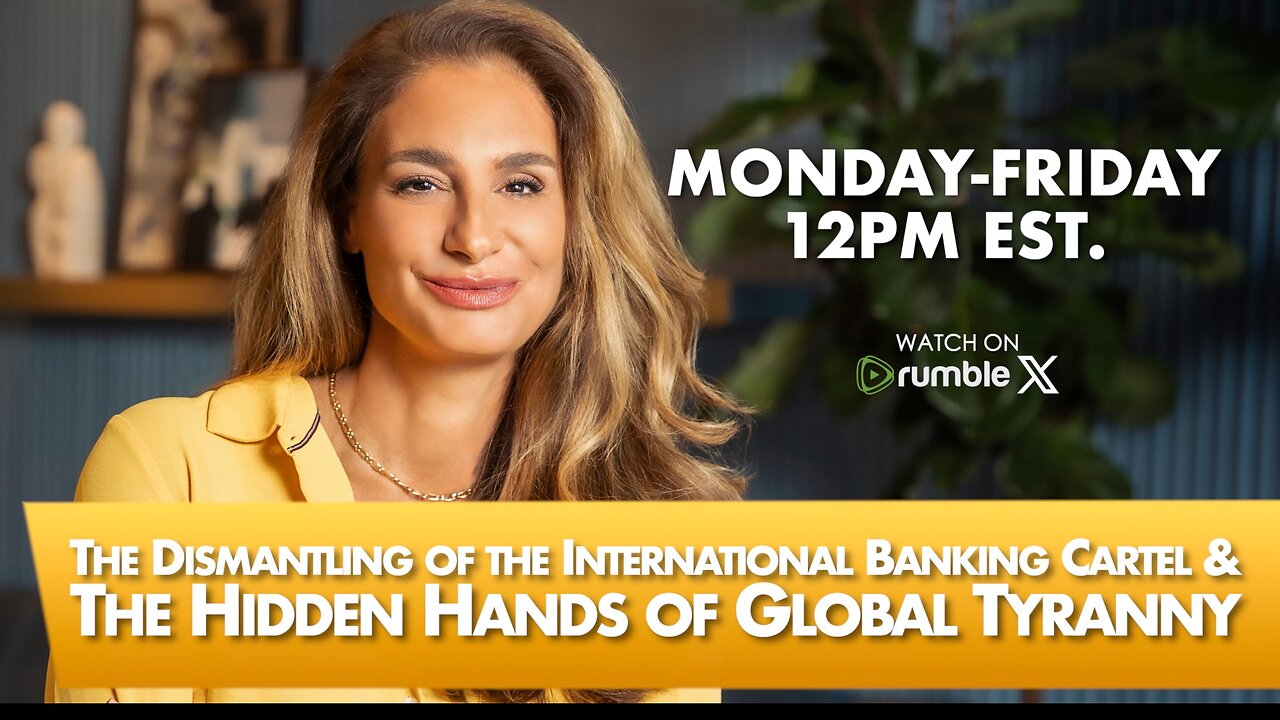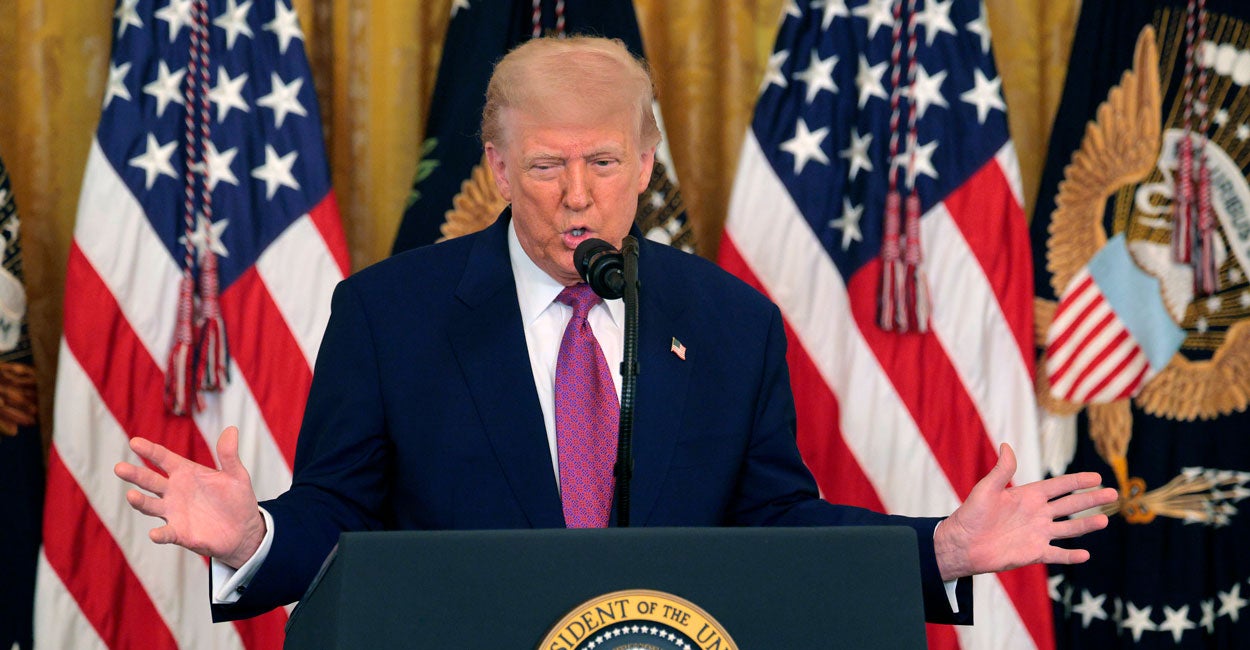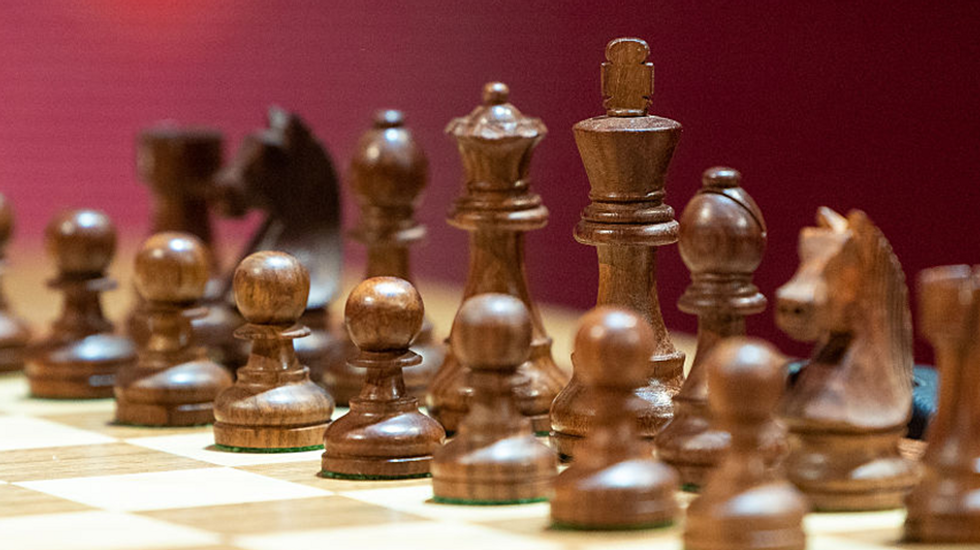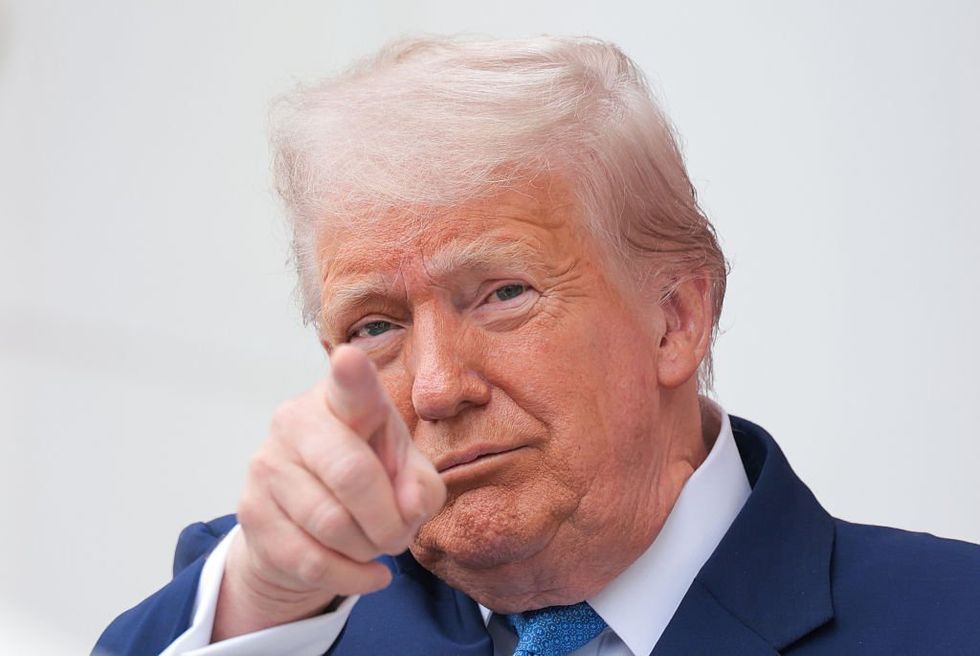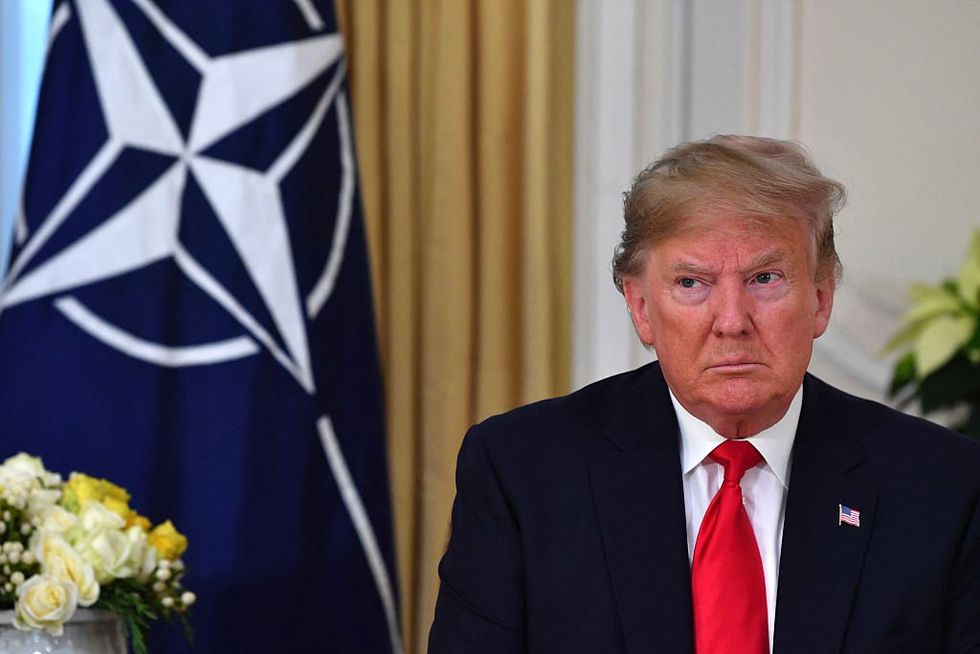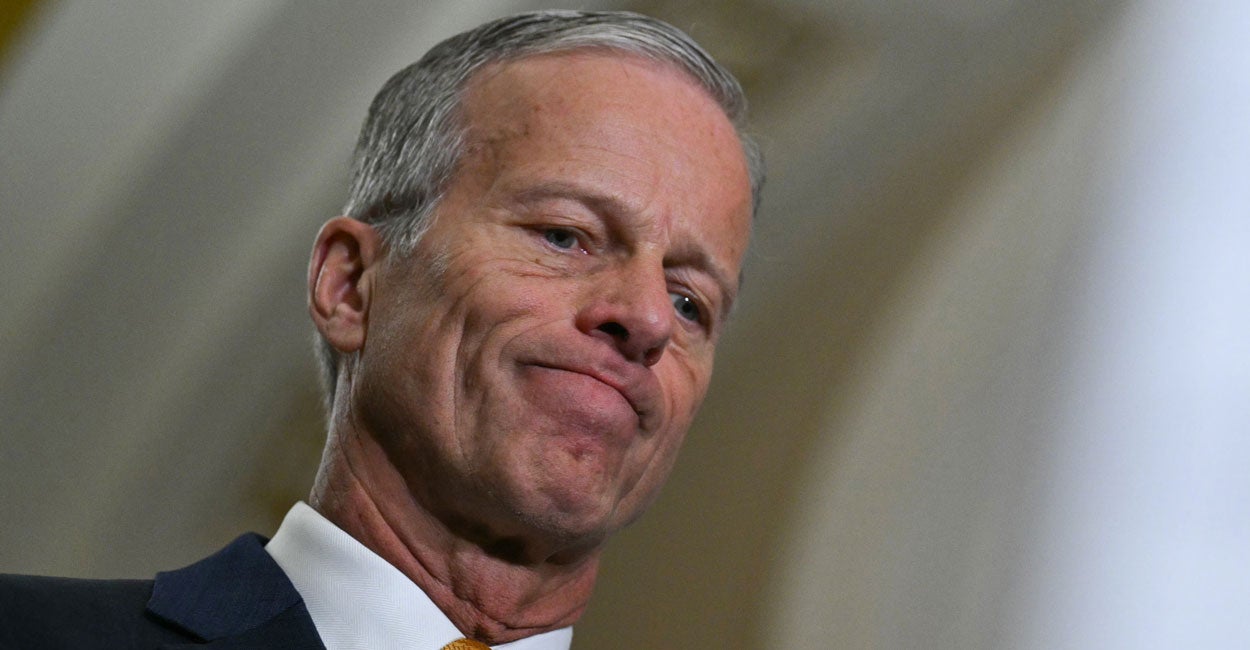We’ve Won. Now What?
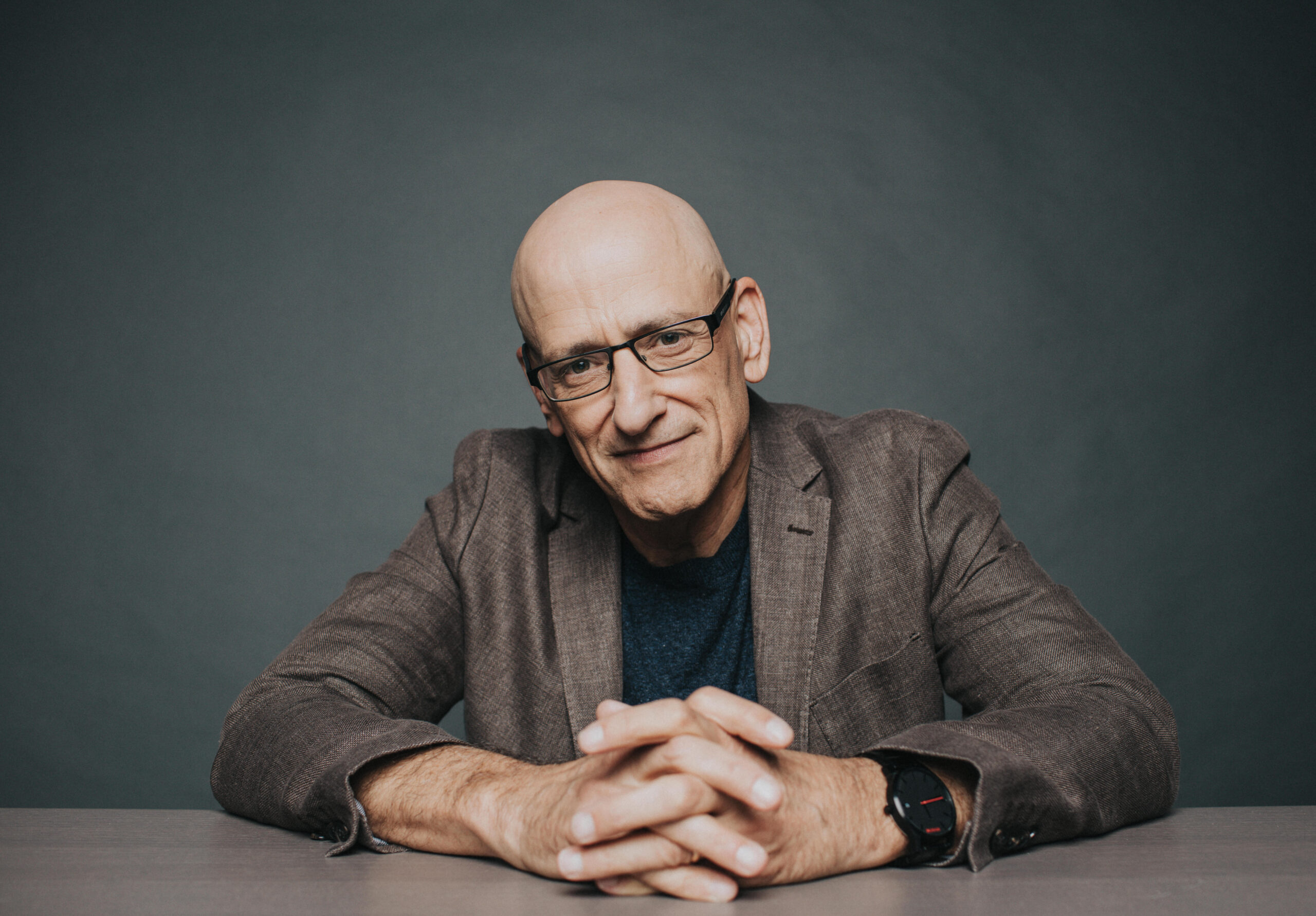
The following essay was originally published on Andrew Klavan’s Substack, “The New Jerusalem.”
The night Donald Trump won re-election, a sense of sweet peace settled over me. It had little to do with politics, little even to do with Trump himself. Trump is, to be sure, a titanic figure, a living avatar of our age, for good and sometimes ill. No other man I know of could have manifested the inner iron required to defy the entrenched powers and withstand their tidal onslaught of abuse and deceit.
But his fight was not my fight, and his victory was just a symbol of my victory. I have only ever been a novelist, a storytelling artist. I drifted into political commentary when, after seven years as an expatriate, I returned to an America whose foundational ideas had been gutted by a corrupted culture. Our universities were infested with leftist theorists who worked to smother the voices of the sages they were meant to teach. Our news media was biased to the point of corruption. And our entertainment media was using every pop icon from Superman to Snow White as a propagandist for perversion, racialism, and Western self-hatred.
When, barely a year after my return, a group of Islamist murderers attacked the city of my birth, slaughtering three thousand civilians in the name of their hateful god — and when, in response, our professors and journalists and entertainers quivered with philosophical nuance, wondering aloud what the naughty U.S. had done to bring this atrocity upon itself — and when the film industry in which I worked began churning out movies about evil G.I.’s and CIA agents tormenting and oppressing innocent Muslims in their cherubic multicultural piety — I saw no other honorable course but to write and speak about these moral distortions.
I believe, though I can’t prove, that this decision cost me my multi-million dollar career as a screenwriter and my place of respect in the literary world I love. All I know for sure is that the phone calls from Hollywood and the awards and raves from New York vanished in a startling flash.
Nevertheless, I persisted. And over the next twenty years or so, I watched as entrepreneurs like Andrew Breitbart, Jeremy Boreing, Bari Weiss and Elon Musk organized scattered and lonesome rebels like myself into an internet militia which, like our revolutionary forefathers, could pop out of cover and take potshots at the goose-stepping legions of the empire of lies.
To me, Trump’s victory meant simply this: we beat them. Skirmish by skirmish, we exposed their oppressive philosophies, their abuses of power, and their ceaselessly dishonest mangling of history, news and national mythology. When they slandered Trump as Hitler, when they indicted him on wholly bogus charges, when they created movies and TV shows and novels singing the praises of government power and idiot utopianism, we shot them down one by one until half the electorate felt bold enough to reject them.
The day was ours.
So … What now?
WATCH: The Andrew Klavan Show on DailyWire+
The losers, of course, must pass through the seven stages of grief: anger, whining, blaming everyone but themselves, more whining, denial, denial, denial. Who knows if they will ever face the facts? Their philosophy was false; their policies failed; they lied and censored in an effort to maintain their power and prestige; the rotten structure collapsed on their heads. End of story.
The victorious entrepreneurs, having done the negative work of debunking the opposition’s lies, must now build the structures for the positive business of truth-telling: unbiased journalism, the creation of high and popular art, and the infrastructure of commentary, appreciation, reviews and awards.
But I remain what I always was: a barefoot teller of tales. For me, there is only one question. What do I want to write about next?
The answer is this: I want to explore the nature of God.
Over these past twenty years or so, it has become increasingly clear to me that our worst problems have their sources in unbelief. Our centuries-long drift away from Christian faith — what Nietzsche called the death of God — is, as Nietzsche predicted it would be, at the heart of our catastrophe.
Most often, it manifests itself in one of three forms. Materialism, the idea that spiritual problems can be solved by physical means. Misogyny, devaluing women as women — as wives, homemakers and mothers who excel outside masculine power structures. And antisemitism, the hatred of Jews, which as I explained in a previous essay, is really a disguised hatred of one Jew, namely Jesus Christ. Examine our most entrenched dysfunctions — the dearth of children, degrading promiscuity and perversion, government redistribution of wealth, censorship and authoritarianism, drug abuse both lay and medical, the sexual butchering of the young, the atrocity of abortion, the snarling cruelty and ignorance of our debates — and you can trace them back to one of these three manifestations of our faithlessness.
But the truth is, just as we have won the political argument, this argument too is already over.
“Something profound is happening,” writes Peter Savodnik in the Free Press. “Instead of smirking at religion, some of our most important philosophers, novelists, and public intellectuals are now reassessing their contempt for it.” Sales of Bibles Are Booming, Fueled by First-Time Buyers, reads the Wall Street Journal headline. The sales spiked 22% in a year.
The revival of the intelligentsia — which I’ve predicted for over a decade — has begun.
As in the political sphere, our job is no longer to debunk the non-believers, it is to rediscover what it means to believe. The ancient and medieval wisdoms and orthodoxies are important, but there are more basic questions that have to be answered before thinking non-believers can even put their toe in those deep waters. Plus, old language may not always suffice in our new scientific and technological world.
As The New Jerusalem enters a new year and, I hope, a new era, I would like to propose some topics for open discussion.
Heart vs. Mind
Science, technology and capitalism are so responsive to the work of intellection that they have lifted reason above its station. GK Chesterton was right when he said, “The madman is not the man who has lost his reason. The madman is the man who has lost everything except his reason.”
Conversely, prophets, artists, and mystics are frequently not the most intellectual of men. They possess a wholeness of perception that reveals the world to them with an immediacy that can only be communicated by parable, art, and praxis.
When we look at Jesus honestly, we find he too is vastly bigger than our theologies. His presence cannot be reduced to rules and philosophies. We must renew the rituals and practices that can re-open our eyes to a love beyond reason.
Inside vs. Out
For centuries, materialist thinkers have sought to find the source of spiritual reality within the mind of man. Whether it was a Freudian understanding of God as a psychic projection of our fathers, the Jungian dodge of a “collective unconscious,” or an image of the evolved brain as a generator of false perceptions, the basic idea was that spiritual truth is a psychic creation rather than an outward reality.
Not so. We see God through a glass darkly, but his incarnation in Christ is proof that what we see is really there. What should we believe, then, about God’s actions on earth? The reality of angels and demons? The efficacy of prayer? How can we discuss this without descending into either superstition or rationalism?
Symbol vs. Reality
The thesis of all religion is that there is an invisible reality that our world reveals and symbolizes. Transcendental values like love, justice and mercy must be made manifest in human word and deed. But what are the limits? It’s lovely to say a husband and wife represent Christ and the church, but is that what he’s thinking when he’s chasing her around the bedroom? (I hope not!)
While living into transcendentals can elevate our behavior, inhuman restrictions based on metaphor can be immiserating, inflame doctrinal hatred and give fuel to the arguments of unbelievers. Can we discuss ecumenicism, interfaith cooperation, and various other species of tolerance and deviance without either moral surrender or bullying self-certainty?
Orthodoxy vs. Individuality
A church without orthodoxy is Satan’s sandbox. Orthodoxy creates the image of the spiritual kingdom to which we are responsible. But each person’s journey to that kingdom is unique and may take them through territory of which church orthodoxy disapproves. Can we allow the beauty of the single soul to thrive in a church of true faith?
I’ve given up much to speak my mind. Money and prestige and career dreams. All things of value, make no mistake. My peaceful sense of victory now is gratifying. But the destruction of lies is not the triumph of the truth, and it’s on the truth that the reclamation of our culture depends. Our enemy counts on us to defend our faith with rigidity, belligerence and cruelty. Give us vision, open minds and loving hearts, and we will watch him fall like lightning.
* * *
Read the full post on Andrew Klavan’s new Substack “The New Jerusalem,” where he and son Spencer Klavan chart an alternative path toward life in the 21st century and beyond.
* * *
Andrew Klavan is the host of “The Andrew Klavan Show” at The Daily Wire. He is the bestselling author of the Cameron Winter Mystery series. The fourth installment, “A WOMAN UNDERGROUND,” is now available. Follow him on X: @andrewklavan
The views expressed in this article are those of the author and do not necessarily represent those of The Daily Wire.
Originally Published at Daily Wire, Daily Signal, or The Blaze
What's Your Reaction?
 Like
0
Like
0
 Dislike
0
Dislike
0
 Love
0
Love
0
 Funny
0
Funny
0
 Angry
0
Angry
0
 Sad
0
Sad
0
 Wow
0
Wow
0
